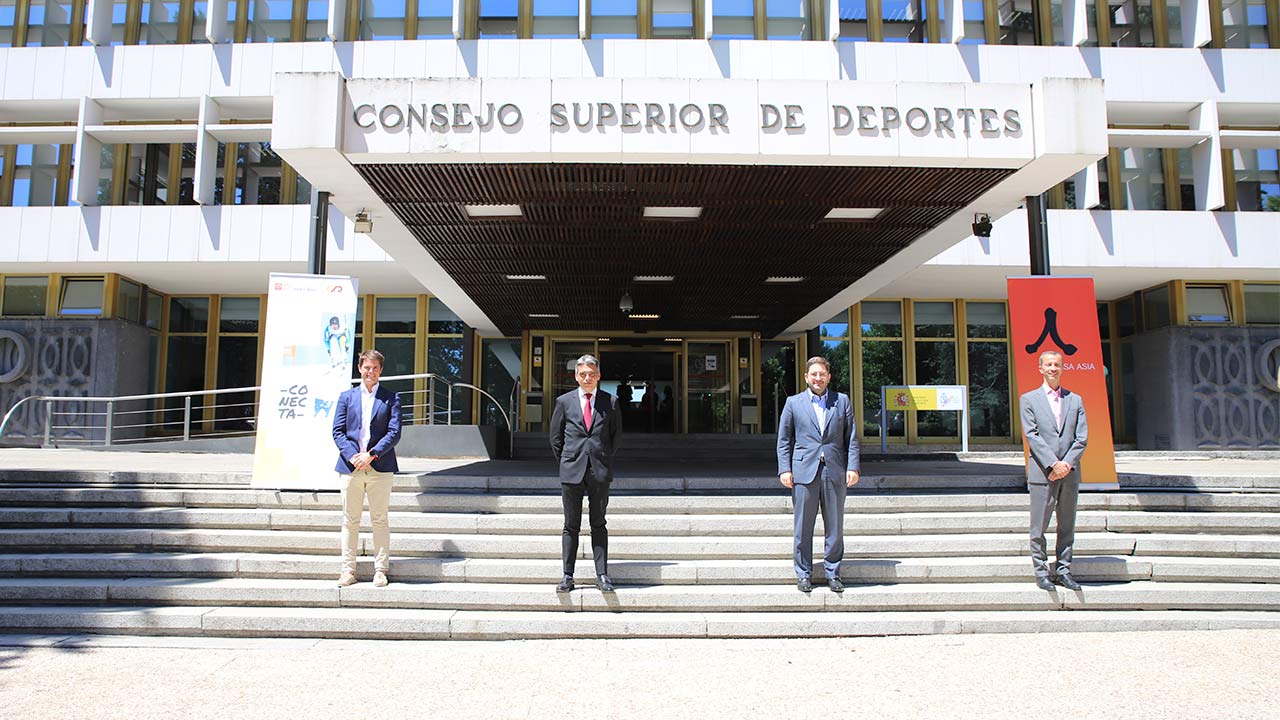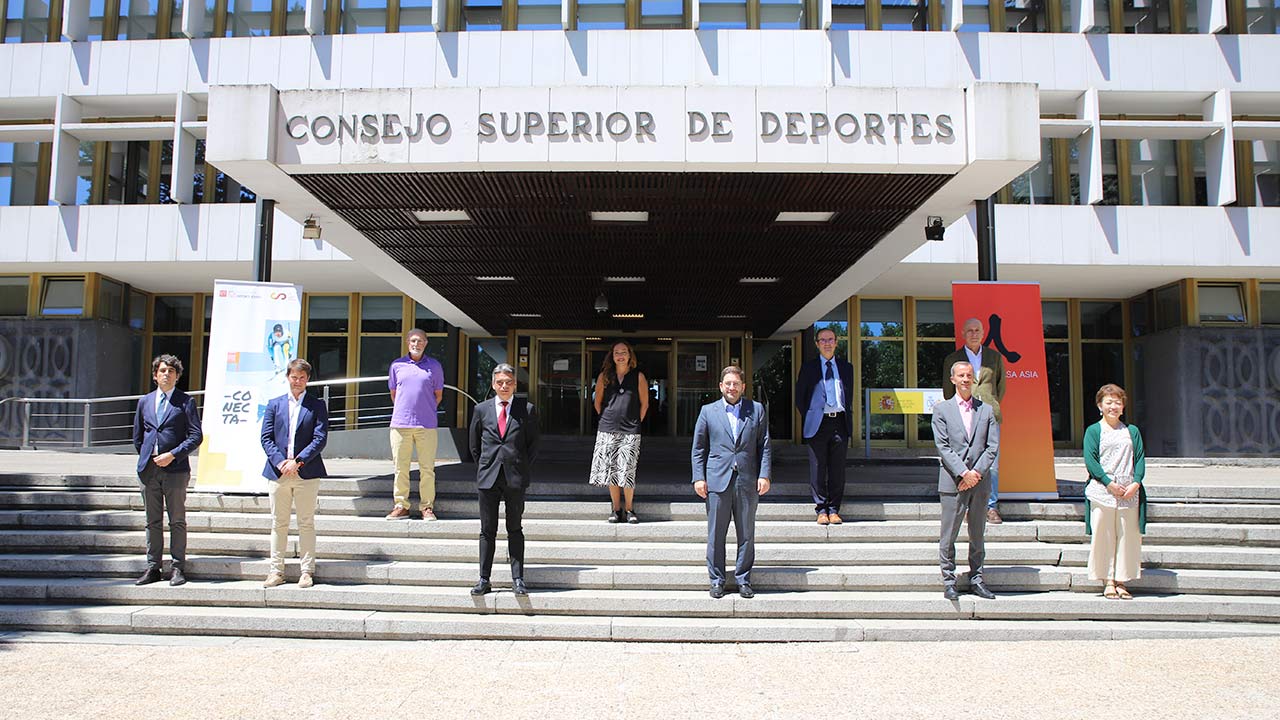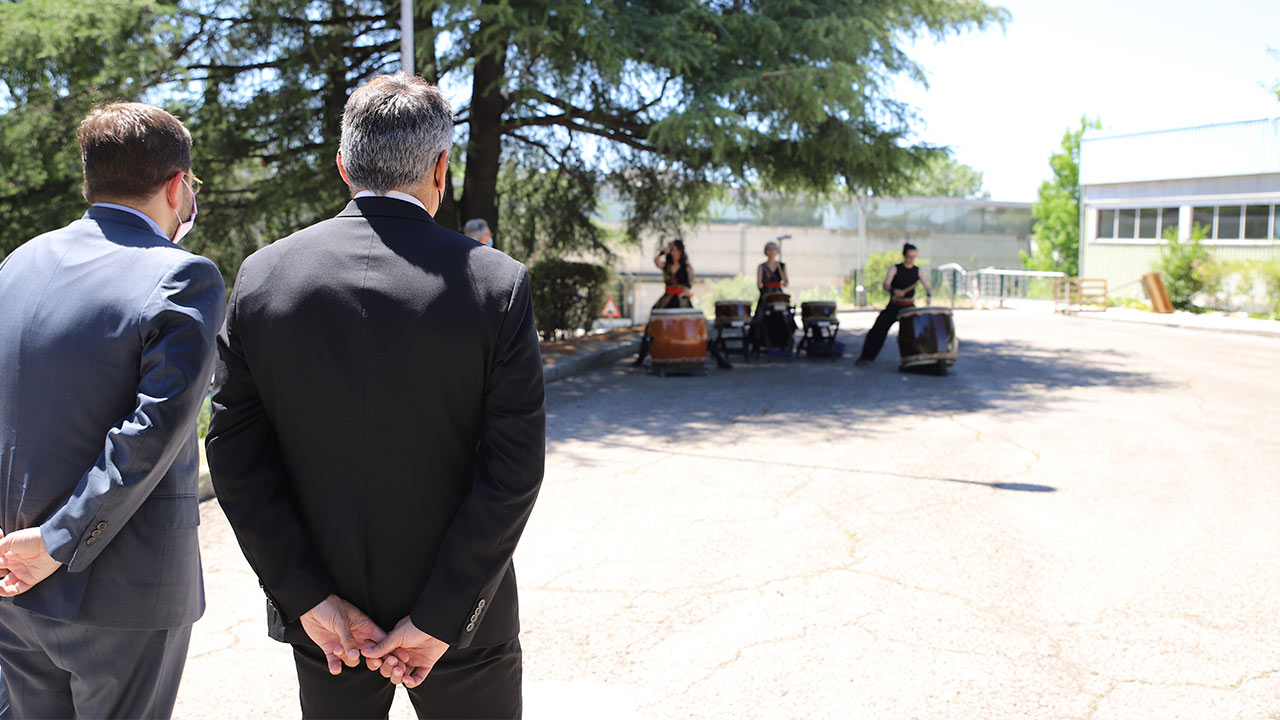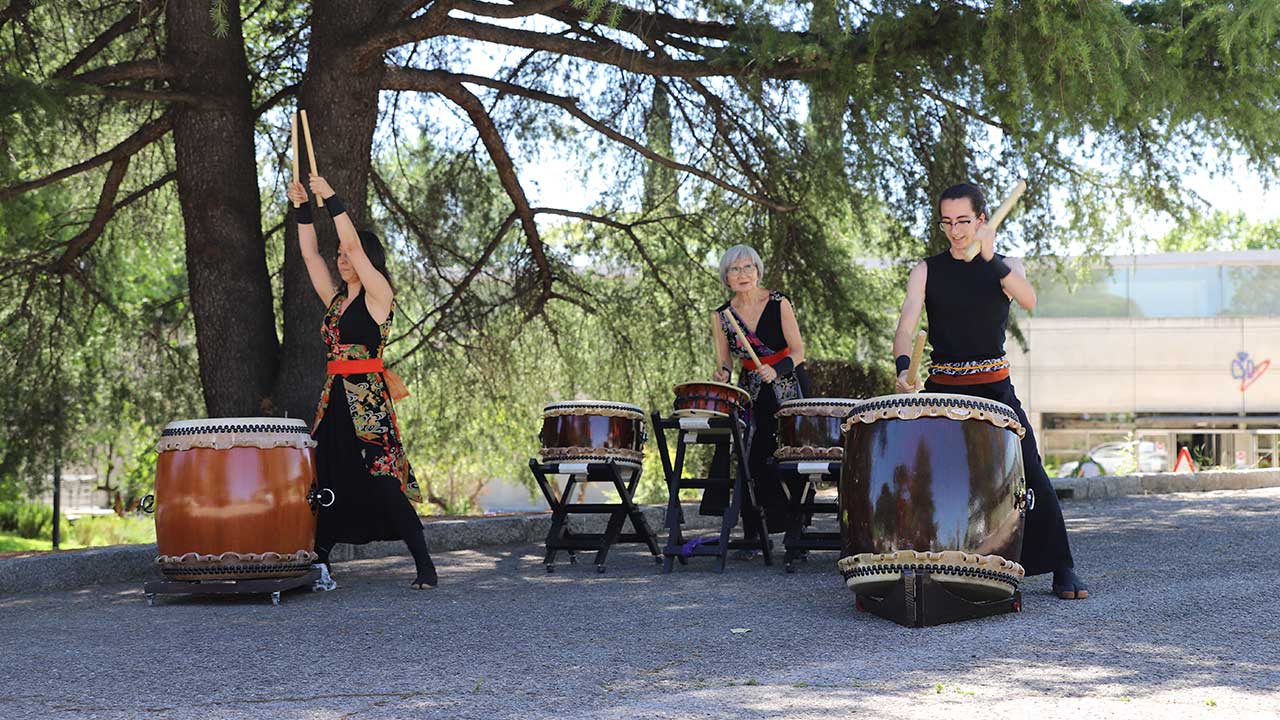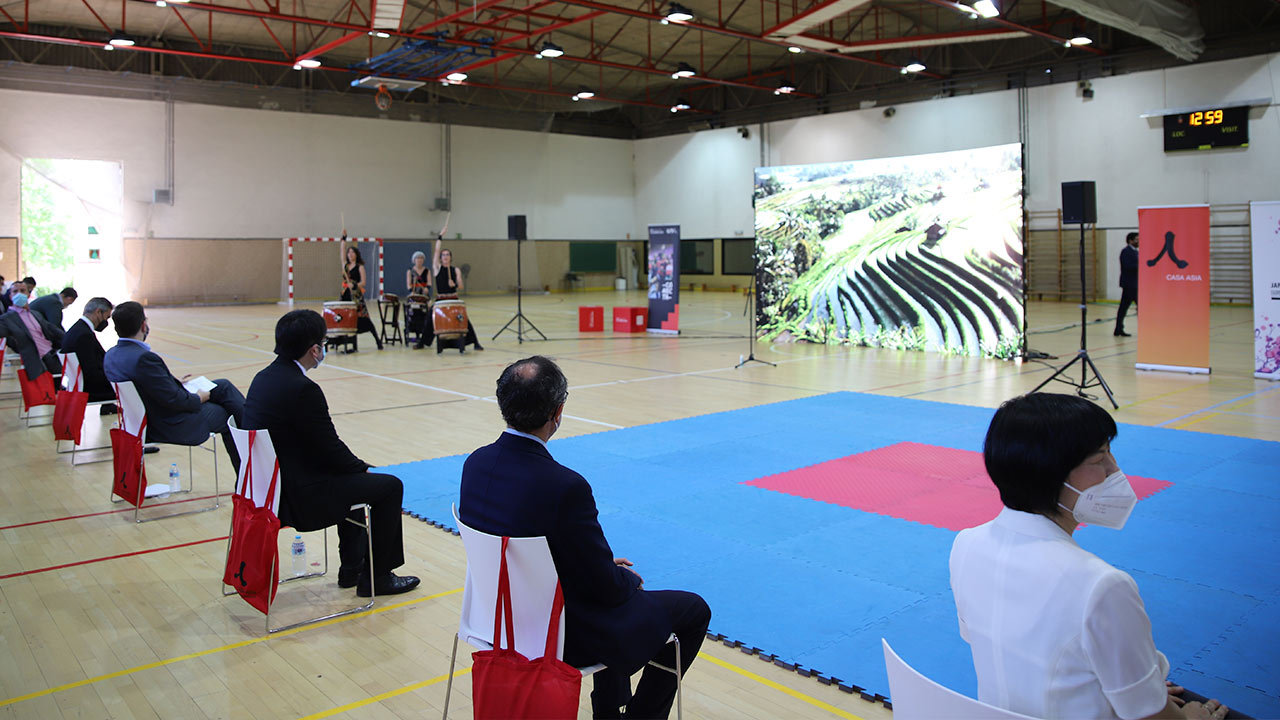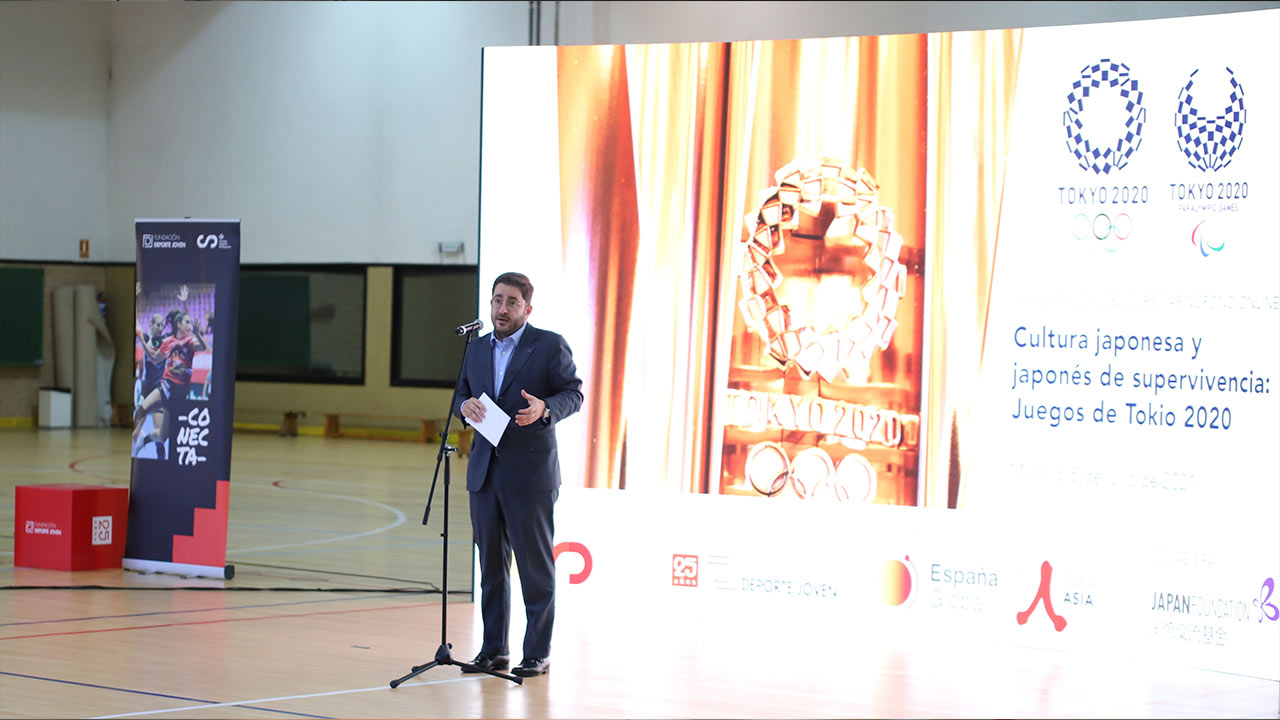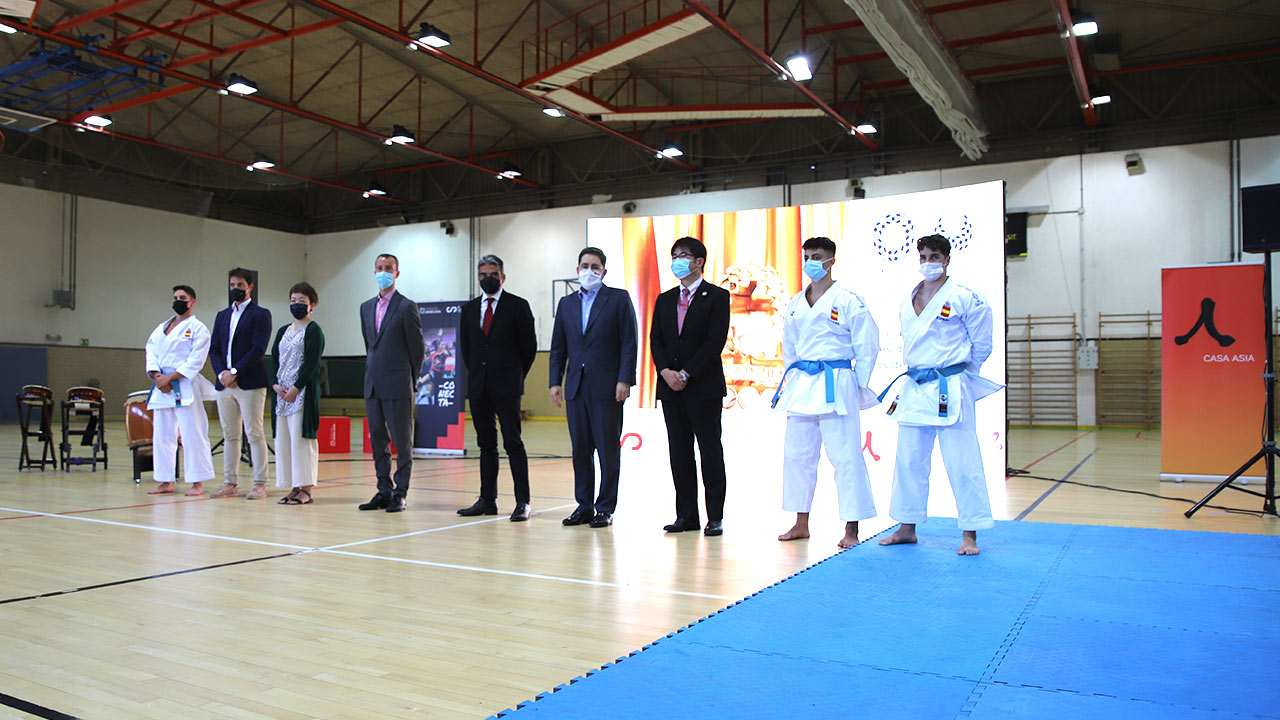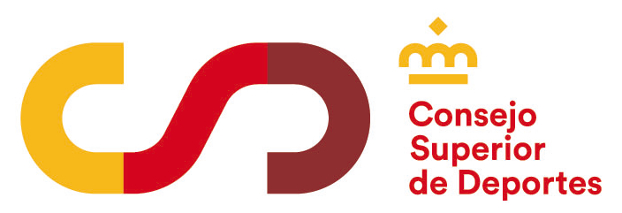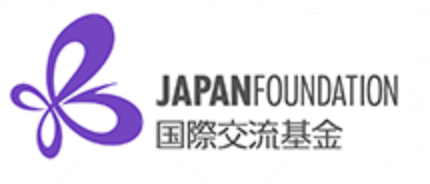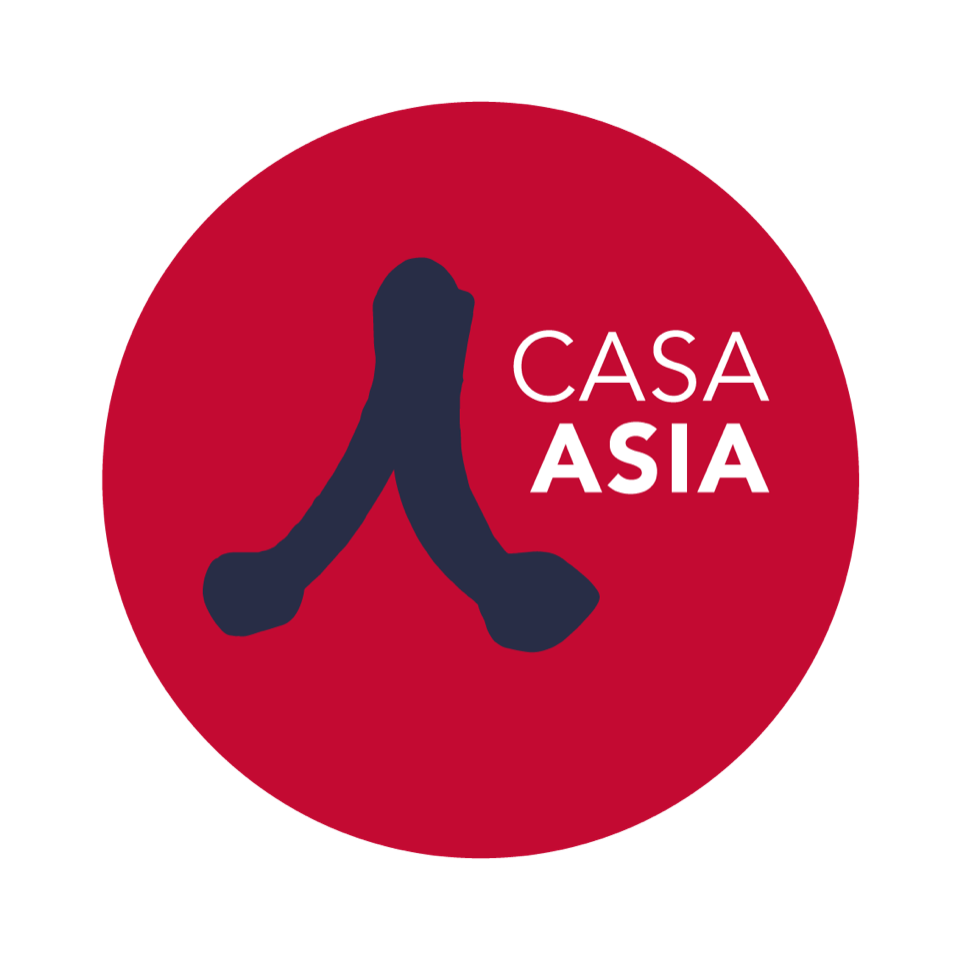Spanish athletes competing in the Tokyo 2020 Olympic and Paralympic Games, as well as the accompanying technical team and journalists covering the Olympic event, will receive a training programme in Japanese culture and language, thanks to a joint initiative of the Council Superior of Sports (CSD), the Young Sports Foundation (FDJ), and Casa Asia in collaboration with the Japan Foundation, Madrid.
The main purpose of this course presented in Madrid on July 5, 2021, is to provide the Spanish delegation that attends the Olympic and Paralympic Games with basic notions about Japanese culture and language. The training offers a series of guidelines on how to interact with Japanese society during your stay in that country.
The course, called “Survival Japanese and Japanese Culture: Tokyo 2020 Games”, consists of two training modules that can be accessed through a web platform designed for this purpose.
The first module, by Professor Carlos Rubio, is an introduction to the history, geography, culture and society of Japan, which aims to provide students with basic information and some recommendations on what should and should not be done in this country .
The second module has been designed in collaboration with the Japan Foundation, Madrid, following the Marugoto method, and has included the participation of the Japanese teacher, Taeko Kojima. In this part, students will learn to handle elementary concepts of the language that will be useful when interacting with Japanese society, such as introducing oneself, ordering food in a restaurant, or making purchases.
All the sessions that make up the program are asynchronous, with the aim that students can choose those parts they are interested the most, at the moment, with the wished pace and speed. The programme consists of 40 didactic videos, audios and tests, with more than 6 hours of training in total, and the contents are presented in audiovisual format.
The Secretary of State for Global Spain, Manuel Muñiz, highlighted that “athletes are among the four most valued factors of our image, along with the potential as a tourist destination, our gastronomy and the open character of the Spanish people. “You are going to represent Spain and act as ambassadors for our country” and that projection of “external image” has to be “accompanied by measures and tools such as this course,” he indicated. “Through sport you represent values such as effort, commitment, teamwork, but also factors such as excellence in sports infrastructures, a healthy diet and technology, among others to help you improve”.
Javier Parrondo, general director of Casa Asia has valued this initiative since “it is the first time that the Spanish Olympic delegation will have the opportunity to approach the country before their arrival with a training program designed ad hoc with basic and eminently practical notions. to function properly during their stay in the Japanese capital”.
In his speech, the General Director of Sports of the Higher Sports Council (CSD), Albert Soler, thanked Casa Asia and the Japan Foundation for the work carried out in launching this training programme for Spanish sport. “With this joint training initiative, we offer our athletes the possibility of knowing and getting into Japanese culture, through an approach to their customs, their idiosyncrasies and their language. Sport, once again, becomes a first-rate social tool to bring countries and peoples closer together, around common values framed in what we call sports diplomacy”.
Biographic Profiles – Teachers
Carlos Rubio, a doctorate from the University of California (Berkeley 1979) and a professor at the University of Tokyo (1985-1991), is a translator, alone or in collaboration, of more than thirty classic and modern works of Japanese literature, and an author of books about it (Keys and texts, The myths of Japan, The Japan of Murakami). In 2012 he received the Medal of Culture from the Japanese Government and in 2014 the Order of the Rising Sun from the Imperial House of Japan. He regularly collaborates with Casa Asia and the Japan Foundation, giving courses and conferences on Japanese society and literature.
Taeko Kojima graduated from Kyoto University of Education and is a licensed teacher of Japanese as a foreign language, with extensive teaching experience in both Japan and Spain for all levels. She teaches Japanese in an entertaining way with a dynamic, very participatory and effective method based on the Marugoto method (the Japanese language teaching method for foreigners designed by Japan Foundation) and of which Taeko san is co-author in the Grammar part. At the moment, she is one of the teachers with training in this method who has taught the most hours of class, thus accumulating extensive practical experience. She has been a Japanese teacher at Casa Asia since 2009.
Corporate Information
The Higher Sports Council, created in 1977, is an autonomous body that directly exercises the powers of the General State Administration in the field of sport.
The Young Sports Foundation is a private entity and public utility, created in 1996 at the request of the Higher Sports Council. Its mission is to improve the life of youth, and of society in general, through sport, through an action plan articulated in four lines: promotion of physical activity and healthy lifestyle habits; promotion of business collaboration to carry out sports projects; the dissemination of Sports and Values actions, and the organization of educational and training actions.
Casa Asia is a public diplomacy body created in 2001 and made up of the Ministry of Foreign Affairs, European Union and Cooperation, the Generalitat of Catalonia, and the Barcelona and Madrid City Councils. Its objective is to promote knowledge and relations between the societies of Asia, the Pacific and Spain, in the institutional, economic, cultural and educational fields. The institution is based in Barcelona and has a Center in Madrid.
The Japan Foundation is a public entity, launched by the Japanese government in 1972, whose mission is to promote international cultural exchange and mutual understanding between Japan and other countries in the world.


